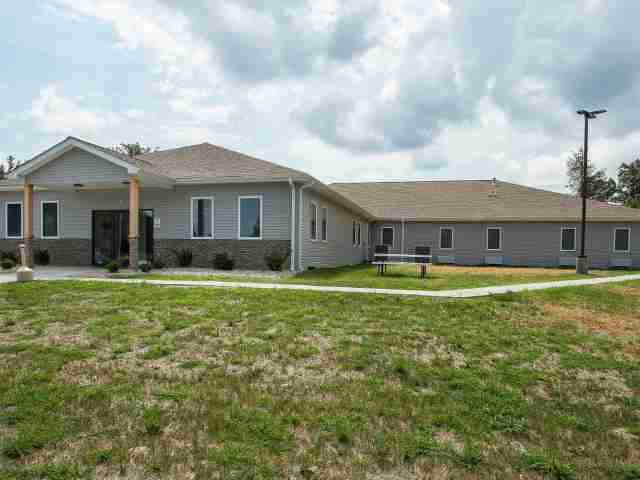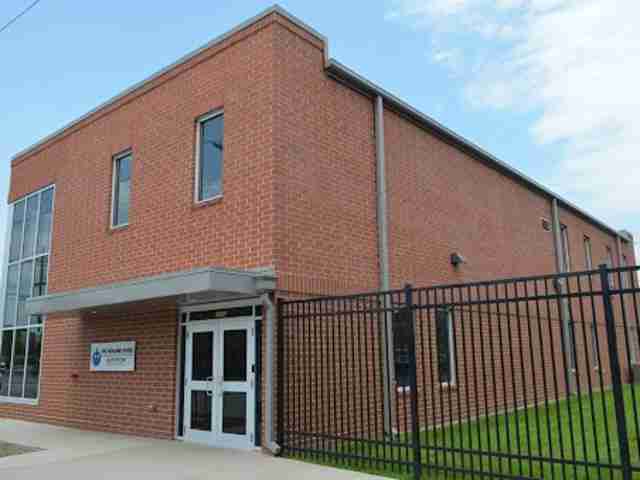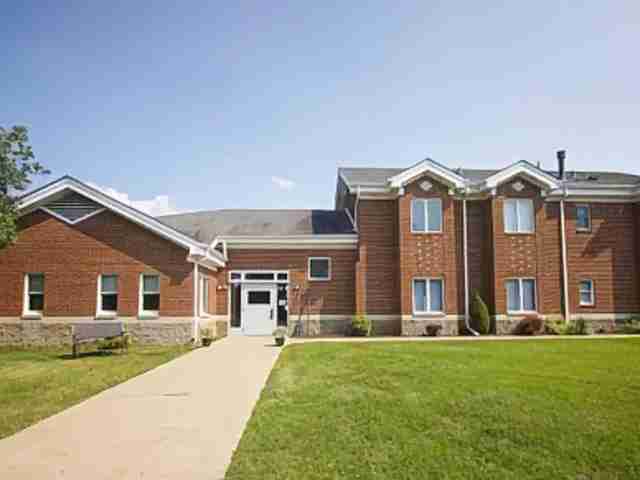More About Rehabs for Heroin Addiction
Though it was first synthesized in the late 19th century, heroin has roots that go back thousands of years to the use of opium in ancient civilizations. Despite its bad reputation now, people weren’t always aware of heroin’s dangers, and it wasn’t always illegal. In fact, pharmaceutical companies initially marketed it as a wonder drug that could cure many ailments. Today, however, heroin is known as a very hazardous, addictive drug.
What is Heroin?
Heroin is a powerful and highly addictive opioid drug derived from morphine, which is extracted from the opium poppy plant. It’s typically a white or brown powder, although it can also appear as a black, sticky substance known as "black tar heroin." Heroin may be referred to as “dope,” “smack,” “H,” “horse,” and “junk.”
Heroin is usually injected with a syringe, snorted, smoked when heated on aluminum foil, or inhaled when heated. Heroin binds to pleasure and pain regulation receptors in the brain and body. It produces a rapid and intense high, often accompanied by a warm, flushing sensation, dry mouth, and a heavy feeling in limbs.
Effects of Heroin
Short-term effects of using heroin can include dry mouth, itching, nausea, vomiting, slowed breathing, and nodding in and out of consciousness. When heroin is used chronically over long periods of time, effects can include gastrointestinal issues, increased risk of developing mental health disorders, respiratory problems, and kidney or liver damage or disease.
Heroin Overdose
Anybody who uses heroin is at risk of experiencing a life-threatening opioid overdose. People who are at increased risk of overdose include those who mix heroin with alcohol, benzodiazepines, or other opioid drugs, whether legal or illegal.
If a person is experiencing a heroin overdose, it’s important to seek medical care immediately by calling 911. If you or a loved one have experienced an overdose before, it may be a strong indicator that treatment is necessary.
Heroin Withdrawal
Heroin withdrawal occurs when a person suddenly reduces or stops using heroin, resulting in withdrawal symptoms. This occurs as a result of continued use, where a person can develop tolerance. This means that they will require more heroin to feel its effects. Over time, a person will develop a physiological dependence, which means they will experience withdrawal symptoms if they stop using the substance(1). Some withdrawal symptoms include sweats and chills, nausea and vomiting, insomnia, and anxiety.
Heroin Addiction Treatment
If you or a loved one are struggling with heroin use and want to quit, doing so under the care of qualified treatment professionals can provide a safe place to do so. Trying to quit heroin “cold turkey” or without medical supervision may increase the chances of experiencing mild to severe withdrawal symptoms and increase the risk of relapse(2).
Depending on your personal treatment needs, you may benefit from one of the following levels of care:
- Inpatient: You’ll live in a treatment center or hospital-like setting and have 24/7 monitoring.
- Partial hospitalization (PHP): You’ll meet 5-7 times a week for a full day.
- Intensive outpatient (IOP): You’ll meet 3-5x per week for several hours at a time for more intensive care.
- Outpatient (OP): You’ll meet 1-2x per week with your provider and others in treatment.
Managing heroin addiction can be a complex and individualized process. Working with a licensed professional who’s experienced in heroin addiction can help guide you through the healing process. They will provide you with appropriate tools, techniques, and support tailored to your specific needs. You may engage in talk therapies such as:
- Cognitive behavioral therapy
- Contingency management (CM)
- Relapse prevention counseling
- Motivational interviewing
You may also choose to incorporate medication into your overall treatment plan, as medication can be an important component of both heroin detox and OUD treatment because it can help a person manage withdrawal symptoms and reduce cravings. Medications a person may receive include(3):
- Buprenorphine, which partially activates opioid receptors in the brain to manage withdrawal symptoms during detox.
- Methadone, which completely activates opioid receptors but does it more gradually than other opioids, so there is less chance of a “high” when used during detox.
- Naltrexone, which blocks the effects of opioids, so a person won’t feel the euphoric effects of heroin if they use it.
Can You Relapse on Heroin?
Yes, it is possible to relapse on heroin. If this happens, talk to your doctor and seek professional treatment. You may participate in programs that focus on relapse prevention planning along with skills building and evidence-based therapies.
Relapse isn’t a failure, but rather an opportunity to find treatment that better fits your needs and keeps you on the path to sobriety.
Questions to Ask Your Provider
If you’re looking for heroin treatment, talk to your primary care doctor. They can refer you to a substance use rehab to start your recovery. When talking to your provider, consider asking these questions:
- What are the benefits of the different types of treatment available? What are the risks?
- Are there any specific medical or psychiatric assessments I should do before starting treatment?
- What does relapse prevention planning look like?
- Is there treatment that can address any co-occurring disorders that I have?
- Does insurance cover treatment?
How Can I Find Support?
- Rehabs for Heroin
- Telehealth Provider
- Talk to a supportive friend or family member
- Talk to your primary care physician
- National Helplines
Sources
- National Institute on Drug Abuse. (2017). Tolerance, Dependence, and Addiction: What’s the Difference?
- National Institute on Drug Abuse. (2020). Treatment and Recovery.
- National Institute on Drug Abuse. (2021). Heroin research report: What are the treatments for heroin use disorder?




























































